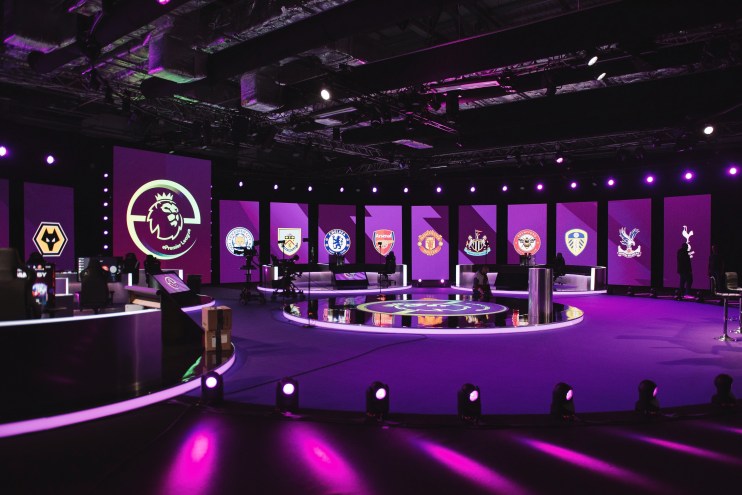The big bucks world for esports

Esports made headlines and raised eyebrows earlier this year when its very own Commonwealth Games Esports Championships was announced.
For those who are unfamiliar with what esports is, it’s a form of competitive video gaming, with spectators and mega sponsorship deals, much like your very own football or rugby team.
There are teams and tournaments, with people travelling across the world to compete in League of Legends showdowns and Fortnite world cup finals.
Because of this, esports is also proving to be a lucrative and expanding beast, worth an estimated $1bn a year.
Whilst Southeast Asia is leading the way, with huge followings and even bigger prize monies, Saudi Arabia is hot on the heels of China and South Korea in terms of investment.
Earlier this year the kingdom’s sovereign wealth fund – a $500bn entity chaired by Crown Prince Mohammed bin Salman – announced a new gaming company, Savvy Gaming Group.
It also recently snapped up thriving esports firms like ESL Gaming and UK-based FACEIT in a bid to make Saudi Arabia the new gaming capital.
However, Gavin Poole, chief executive of Stratford tech hub Here East, told City A.M. that it was in fact London that was slowly but surely becoming the esports epicentre of the world.
Here East is a post-Olympic community based in east London dedicated to innovation and tech. Not only is it home to global esports events and gaming businesses, but it has also committed itself to accelerating the industry’s growth.
Citing London’s thriving rich startup environment, time zone benefits, and international allure, Poole explained the huge potential of esports.
“With the Olympic park, there is a space in London where technology truly meets sports. I think the capital has everything and more to compete with the very best in the world,” he stated.
British esports companies alone have raised more than £161m since 2011, with more than £100m of that since the start of 2019.
Big British startups like Fnatic and Guild Esports are also going a long way in boosting popularity and awareness of the games.
Though Poole said he wouldn’t call himself a “gamer”, he is a strong advocate for its status as a sport.
“Professional gamers are real athletes. The level you are seeing is not the same as you and your mates playing in the lounge. It is a proper sport.”
He said this was especially true with “crossover” sports like Fifa.
“It is not that different from your traditional sports. It is people watching things they enjoy that has got this competitive streak to it”, he explained.
This was echoed by Tom Dore, head of education at British Esports Association, the national body nurturing the growth of esports.
He told City A.M. that the pandemic was the “perfect storm” for shifting people’s perceptions of gaming, with growing popularity for the likes of video live streaming service Twitch.
Dore also said there was an “inherent link between esports and the creative and STEM industries”, emphasising the wider societal benefits of investing in this space.
He added that from the gamer’s perspective, the role involves rigorous training regimes for the top players, including nutritionists, personal trainers, psychologists and sleep therapists.
Some have even made the crossover from virtual to real-life. Indeed, Turkish player Cem Bölükbaşı made history in January becoming the first F1 esports sim racer to participate in the FIA Formula 2 Championship: emphasising the high level of skill and ability nurtured when gaming professionally.
“London wants to, should and needs to place itself at the forefront of this industry,” he stated.
So in terms of what would take London’s position on the world esports stage to the next level, Poole suggested that it comes down to the government really “getting behind it”.
This means giving tax breaks to the games industry in the same way it has for TV and film.
Not only has this allowed UK film to thrive during the most difficult times of the pandemic, but it has also cemented the country as a leader in TV and movie production on the world stage.
“We always talk about the creative industry being a great asset for the UK. People immediately think of fashion, film and theatre. But moving forward, I think we need to put gaming at the front and centre of this, and see its value,” Poole said.
So with esports’ global viewership projected to reach an estimated 519m by 2024 according to figures from Consumer Technology Association, it appears the UK is at a crossroads where it can either go all-in on this weird and wonderful sport, or let the other tech nations take the lead.